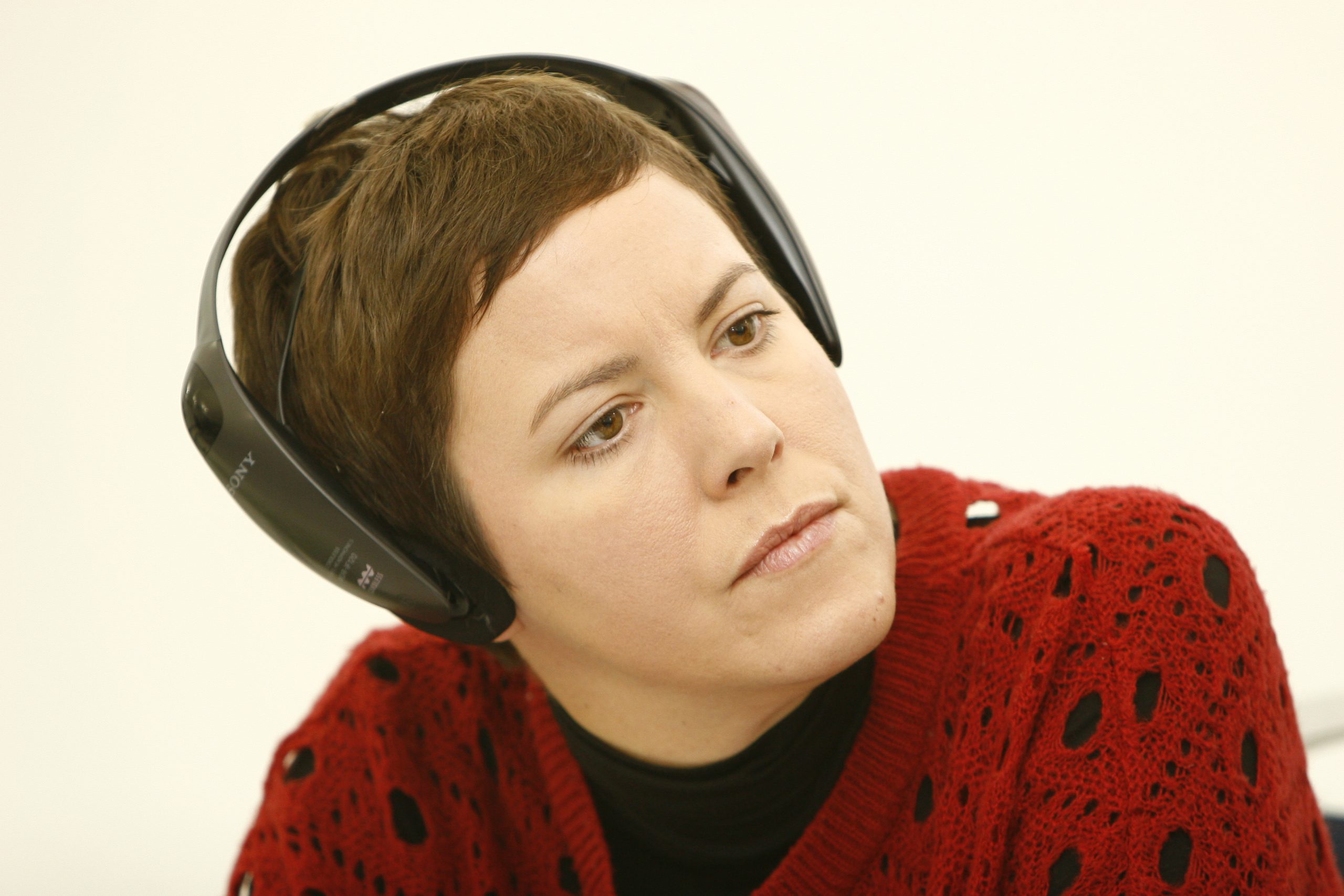
Human rights defender's story: Veronica Yates
Led by Veronica Yates, the Child Rights International Network strives for UN consultative status to advocate for children's rights globally, facing challenges from political opposition, especially China's objections to Tibet-related content.
The Child Rights International Network (CRIN)[1] is an international organisation that focuses on research, policy and advocacy for children’s rights inspired by the UN Convention on the Rights of the Child. It was registered in 2008 in London, England and strives to bring children’s rights to the forefront of the international agenda.
CRIN submitted its application for special consultative status with the Committee on NGOs in 2010. Since then, the Committee has repetitively deferred the application by posing 15 questions – 7 of them coming from one Committee member: China. For the past 4 Committee sessions, China has repetitively asked CRIN to change content on the organisation’s website regarding Tibet, noting that the correct UN terminology (‘Tibet, Autonomous Region of China’) should be used to reference the geographic region.
Over a year ago, CRIN addressed this issue by noting that the organisation had updated all of its own material to reflect correct UN terminology. However, they highlighted the fact that a section of the CRIN website is dedicated to hosting archived reports submitted to the UN Committee on the Rights of the Child by a wide variety of NGOs, not all of which are endorsed by CRIN. Language in those reports cannot be changed by CRIN as a host site, but CRIN informed the Committee on NGOs that they had added a disclaimer on the site stating the inclusion of such reports in no way implies CRIN endorsement or agreement. This has not satisfied the delegation of China and it continues to defer the organisation’s application by asking the same question each session.
‘We strongly believe that our role is in monitoring violations that are perpetrated against children, and if and when States are the perpetrators, then we will say so’
CRIN works with governments and at the international level to help achieve recognition, respect and enforcement of children’s rights. In addition to monitoring and advocacy, CRIN maintains an online database of alternative reports submitted by NGOs to the UN Committee on the Rights of the Child. This is as a result of CRIN’s strong belief that information should be freely available and easily accessible. These activities are the main stumbling block in the organisation’s accreditation process because China does not approve of all of the NGOs that have archived reports on the CRIN website.
‘The restrictions and crackdowns against human rights defenders, including children’s human rights defenders, seems to be on the rise everywhere, including at the United Nations’
CRIN itself as well as grassroots organizations and individuals that provide CRIN with information have repetitively been the target of political pressure. While NGOs are increasingly expected to do the job of the government in providing basic services, they are less and less able to challenge governments on how they are carrying out their responsibilities.
In an attempt to curb the interaction of human rights defenders with the UN, governments turn the NGO Committee into a politicised forum by indefinitely deferring applications of NGOs that do not suit their political agenda, even if the NGO, such as CRIN, meets all criteria for accreditation as laid out in UN resolution 1996/31.
Despite this increased pressure, CRIN remains dedicated, through engagement with the UN and its human rights bodies, to raise awareness and advocate for children’s rights.
‘If international NGOs that already work closely with the UN cannot get access, what chance do the grassroots and national NGOs have?’
CRIN works closely with UNICEF and OHCHR as well as with the UN Committee on the Rights of the Child. They make regular submissions to the treaty bodies, the Universal Periodic Review and the Secretary- General’s thematic reports. They also work closely with the Special Representative on Violence against Children.
This close relationship with UN mechanisms allows CRIN to inform its partners about opportunities to participate and contribute to achieving a genuine systemic shift in how governments and societies view children.
Despite this already-established close relationship, accreditation would allow for greater access and participation in the work of the United Nations. Without ECOSOC consultative status, CRIN cannot attend UN sessions or side events without getting a specific invitation from an already accredited NGO, sign joint statements (except as a footnote), or make their own statements.
‘We now believe we are unlikely ever to get accreditation, or at least not as long as the States that make up the Committee continue to block human rights organizations overall’
CRIN is releasing an open letter to the Committee on NGOs regarding its application as well as running a campaign highlighting all communications between CRIN and the Committee on NGOs in the spirit of being completely transparent about the process. Though this course of action will likely garner greater political pushback from Member States of the Committee, CRIN believes that it is necessary to address a greater issue than that of their singular application — the transparency and legitimacy of the UN accreditation system.
Contacts: Michelle Evans, [email protected], Programme Manager and New York Advocacy Coordinator
For more information on the work of CRIN see http://www.crin.org
[1] The name of Child Rights Information Network was recently changed to ‘Child Rights International Network’
